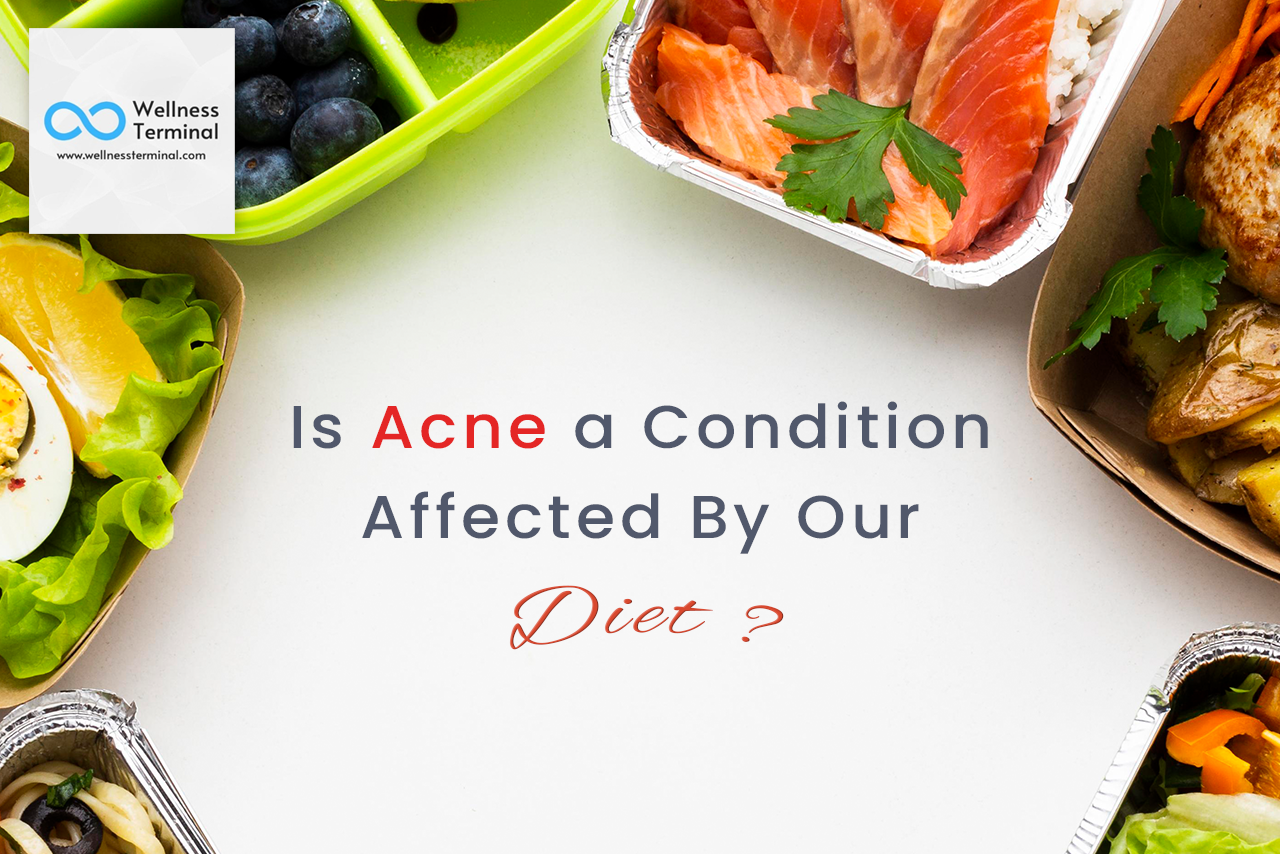Acne affects millions of people around the world and is one of the most common skin conditions. It often rears its head during puberty and is particularly relevant between ages 12 to 24. The symptoms of this condition can range from moderate to severe while also having a negative impact on one's quality of life. It even promotes oily skin and lesions such as pimples.
Acne is caused by dead skin cells, bacteria, or a combination of two clogging pores in the skin. When the body generates too much sebum - an oil that maintains the skin from drying up, it clogs the pores.
Surprisingly, research shows that acne is more common in developed countries, despite having access to medical improvements and high-quality cuisine. The cases of acne are far less common in developing countries, though numbers have begun to rise in the last decade. Interestingly, it seems that the cases of acne rise with an increase in quality of life.
There is a growing link between acne development and foods with a high glycaemic index (GI), which suggests that increased sugar content may have a role in acne. While this doesn’t suggest that sugar should be completely cut off from your diet, it is always good to keep a control on your sugar intake not only for your skin but also overall health. An increased intake of high-fat foods such as meat or dairy has also been linked with a higher incidence in acne.
There appears to be little proof that oily foods induce acne at the moment. Oily skin is caused by overactive sebaceous glands, not fat and oil in meals. Not to mention that some tactics may be effective for someone but it might not have the same result on a different person. If you’re keen on figuring out what food is affecting your skin, keeping a food diary might aid in identifying items that cause or aggravate acne breakouts.


